Displaying 145 - 168 of 7254
Farmers want conservation programs & an end to payment limit abuse
Client List for SI
Fix the Broken Biofuels Mandate
It's time to face facts: the biofuels mandate Congress established in 2005 is creating too much bad biofuel and not enough good biofuel. This year, that mandate requires American refiners to use 13.8...
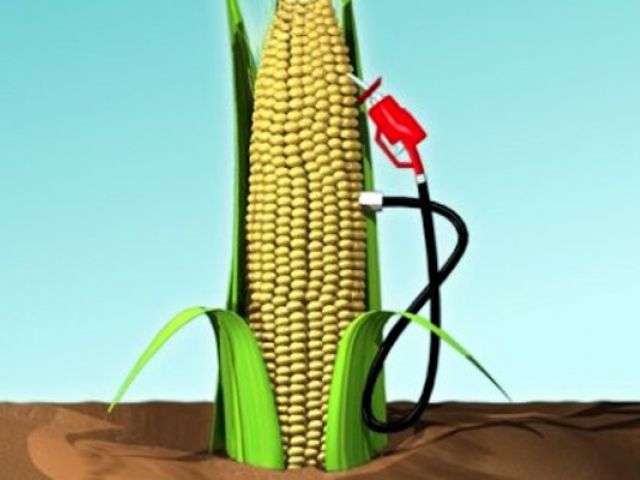
Butch, Sundance & BPA
You remember the final scene: Butch and Sundance, hopelessly cornered and surrounded by the Bolivian army, are stubbornly confident that they'll escape to make their way to sanctuary in Australia. It...

Fracking in or near your backyard
The film “Promised Land,” now showing in theaters across the country, plays off the intense national conversation about the relatively new natural gas drilling technology called high volume horizontal...

American Clean Energy Agenda: Let’s Move Beyond Business as Usual
As we welcome a new U.S. Secretary of Energy, we want followers of Enviroblog to know more about EWG's partnership with the Civil Society Institute and our work in the energy field, especially when it...

Why EWG Opposes the Chemical Safety Improvement Act
In a blog posted yesterday (June 5), Richard Denison, senior scientist at EDF, sought to explain why his organization supported the Chemical Safety Improvement Act of 2013, introduced May 22 by the...

The Downfall of Direct Payments
What the Chemical Lobby Wants
Let's call it like it is. The Chemical Safety Improvement Act, introduced in the Senate two weeks ago, is no “bipartisan breakthrough,” as some have heralded it.

America’s Nitrate Habit Is Costly and Dangerous
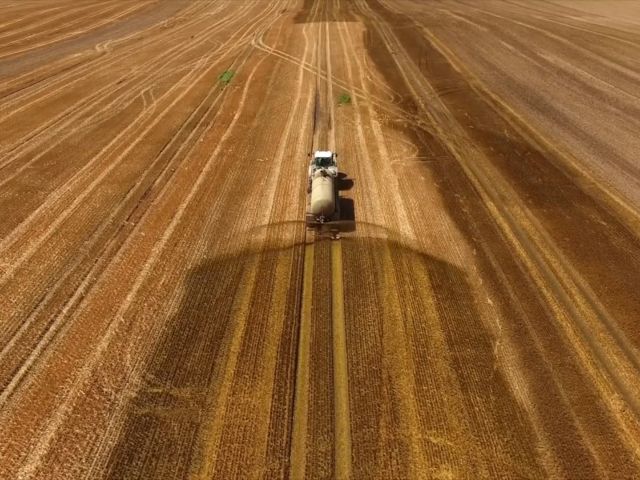
Meet the New Dust Bowl, Same as the Old Dust Bowl
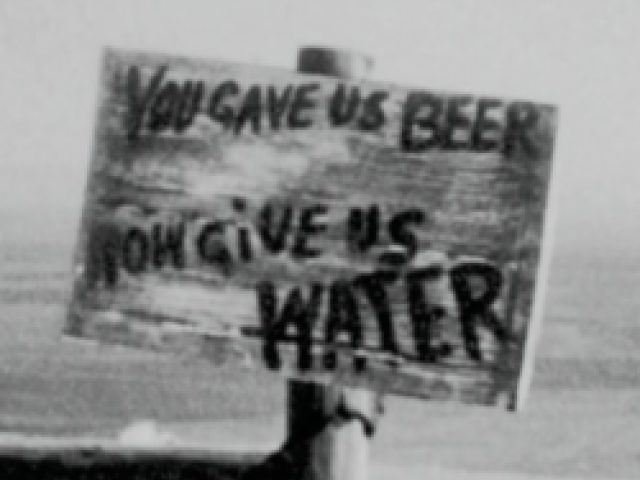
Tobacco Subsidies are Smoking Gun
Arizona Sen. John McCain ignited an historic debate over crop insurance yesterday when he offered an amendment to the farm bill that would end insurance subsidies to tobacco farmers.

The Path to a Better Farm Bill
House leaders got a lot of grief for the failure of the farm bill. And, now they are getting a lot of grief for proposing to divide the bill into two bills.

Fact Checking Fincher
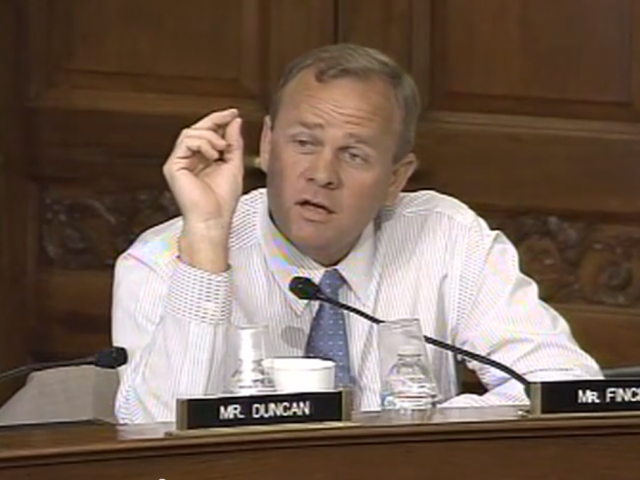
Top Ten Reasons the Farm Bill Failed
No one should be surprised that the full House of Representatives thoroughly rejected the bloated and divisive farm bill (H.R. 1947) produced by the Agriculture Committee. Here's why:
54b0.jpg)
Fincher’s Farm Bill
There's only one name that suits the farm bill that will be debated on the floor of the House today: Fincher's Farm Bill.

What to Expect when Expecting – A Farm Bill
No one expected the House Agriculture Committee to produce a farm bill that protects taxpayers, supports family farmers, rewards stewards of the land and feeds the hungry.

Crop Insurance Lobby Is Making Nonsensical Claims

Common-Sense Reforms Will Strengthen, Not Weaken, Crop Insurance
Opponents of crop insurance reform contend that common-sense reform designed to level the playing field for family farmers and protect taxpayers and the environment will “weaken” the farm safety net.

The High Cost of Algae Blooms in U.S. Waters

Cut Crop Insurance, Not Conservation and Nutrition
This ought to be simple. While farm income is at record levels, 47 million Americans are struggling with hunger and millions of acres of wetland and prairie are being lost forever.

Conservation Success Story: The Ingram Farm
A smart man learns from his mistakes, Terry Ingram likes to say, but a wise man learns from the mistakes of others.
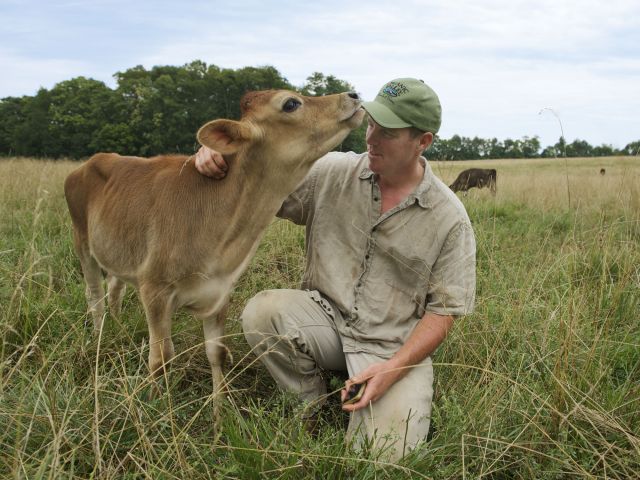
Taxpayers Get Soaked to Prop Up Farm Income
Federally subsidized crop insurance is now the most expensive program supporting farm income, so it's no surprise that it will be at the center of the Senate Agriculture Committee's deliberations on...
